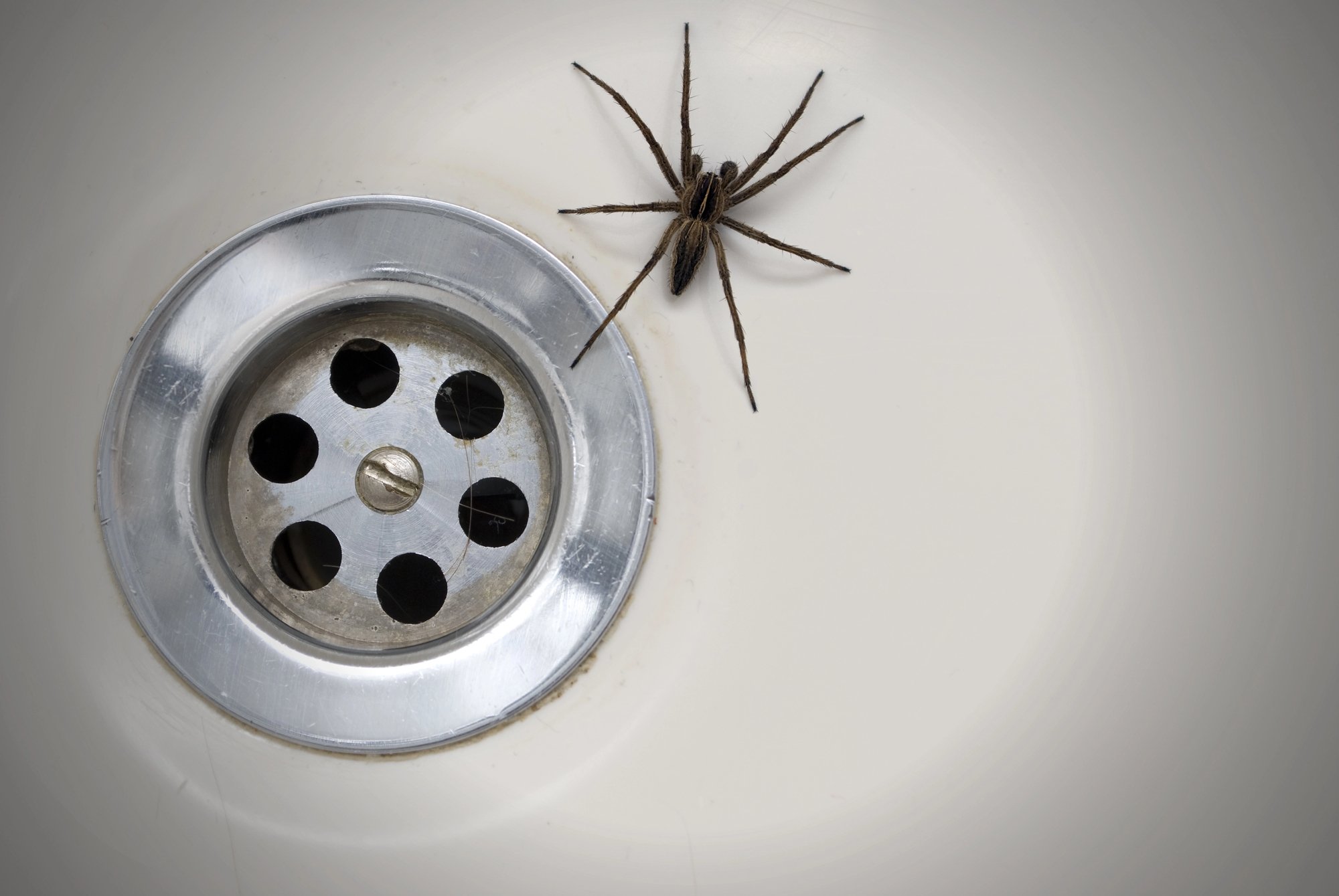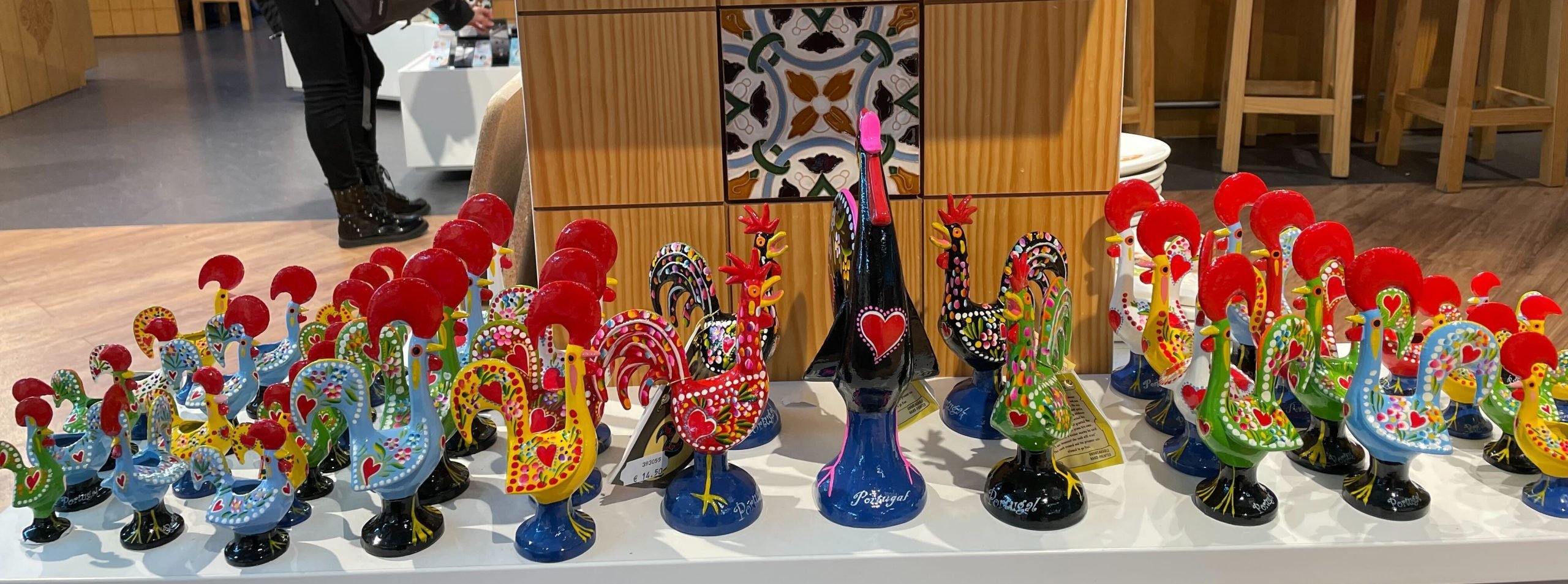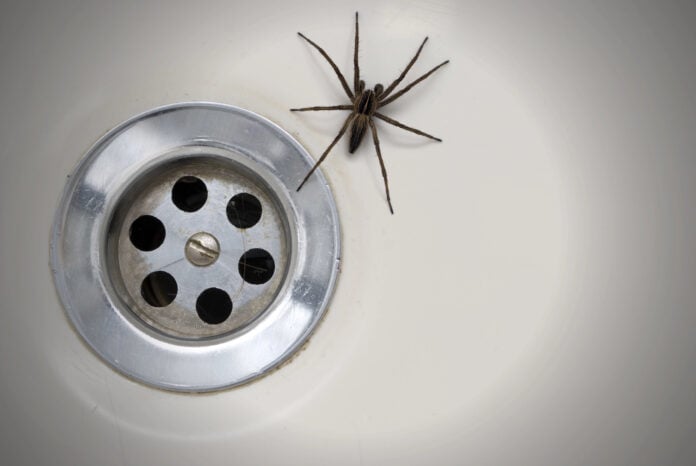Portugal is a country with a wealth of superstitions that weave themselves into daily life. Over the centuries, they have shaped habits, conversations, and family traditions. Some of these superstitions are still taken quite seriously while others are considered quite humorous. Many continue to show up in homes, holiday rituals, and everyday routines throughout the country. Here are 19 superstitions that you can still find in Portugal. We will give you the context, cultural background, and examples of where you may encounter each of them today.
1. Do not put your purse or wallet on the floor.
In Portugal, placing your purse, handbag, or wallet on the floor is considered a direct invitation for money to leave your life. It is believed that, when your bag touches the ground, it symbolically allows your financial luck to fall away. This superstition makes a frequent appearance in Portuguese households, restaurants, and cafes, where people almost instinctively place their bags on chairs, tables, or hooks. Many older Portuguese will even stop someone from setting a bag down and remind them that it can cause loss. Even if younger generations do not always take it literally, they tend to follow the rule out of respect for tradition or habit.
2. Never place bread upside down.
Bread in Portugal is connected to deep cultural respect because it has long been seen as a symbol of nourishment and even spiritual blessing. Turning a loaf upside down is thought to be disrespectful and to bring misfortune into the home. This belief is rooted in a time when bread was precious, and wasting it or treating it carelessly was nearly unthinkable. Today, if someone places bread upside down on a table, many Portuguese will instinctively flip it back upright without thinking twice. It is a simple action that carries a quiet sense of respect for food and tradition.
3. If your ear is burning, someone is speaking about you.
The idea that a burning or tingling ear means someone is talking about you is widespread in Portugal and comes up often in casual conversation. People will lightly touch their ear and jokingly say that someone must be discussing them. The belief also includes a split between good and bad talk: if the right ear burns, someone is speaking kindly, while the left side refers to criticism or gossip. It is not unusual to hear this in offices, family gatherings, or cafes when someone suddenly feels their ear getting hot. The superstition continues because it is playful and often sparks conversation.
4. Walking backward invites bad luck.
Walking backward is believed to lead toward misfortune because it symbolically “shows the devil the way.” This superstition is especially well known among older generations who grew up hearing warnings about stepping backward through a doorway or backing up intentionally. The belief may come from older fears about spirits or bad energy being able to follow someone who is not facing forward. Even if many Portuguese do not treat this superstition literally, they often mention it humorously when they see someone walking backward.
5. Do not cross knives.
Crossed knives on a table are a visual sign of conflict in Portuguese tradition. If two knives form an X shape, it suggests an argument or some tension is on the horizon. Many older Portuguese will immediately uncross knives when they see them arranged that way. The superstition is especially common during family meals, holidays, or gatherings where getting along is important. Some believe that crossed knives symbolically cut good energy or provoke disagreements. Even if younger people do not fully believe in this idea, many still avoid leaving knives crossed out of respect for older relatives who take it more seriously.

6. Never gather thirteen people at a table.
Just like many other cultures, the number thirteen carries a strong association with bad luck in Portuguese culture. If exactly thirteen people sit down to eat together, tradition says misfortune may strike the youngest person at the table. This belief leads some families to quickly add an extra place setting or split the group into two tables. The superstition has existed for generations and may originate from old religious symbolism connected with the Last Supper. Even though not everyone believes it literally today, many Portuguese prefer to avoid the situation entirely. The number thirteen still creates discomfort in homes and restaurants during large holiday meals.
7. Spilling salt requires a quick fix.
Salt has historically been a valuable symbol in Portugal, as it is connected with purity, preservation, and protection. Because of its significance, spilling salt is viewed as a sign of approaching bad luck. The accepted solution is to take a small pinch of the spilled salt and toss it over your left shoulder to neutralize the misfortune. This gesture is still widely practiced and can be seen in kitchens across the country. Many people will automatically perform the motion without thinking. Even if the superstition is something many Portuguese may take with a grain of salt today, most Portuguese know the tradition and will mention it whenever salt hits the table by accident.
8. Wear blue underwear on New Year’s Eve.
Portuguese New Year traditions include several rituals believed to encourage good luck, and wearing new blue underwear is one of the most famous! Blue symbolizes health, harmony, and protection. Shops in Portugal often sell special blue underwear sets during December for this exact purpose. Families frequently talk about it before New Year celebrations. Some also combine it with other good luck rituals like eating twelve raisins or stepping into the new year with the right foot. Together, these customs create a hopeful and festive start to the year.
9. Step up with your right foot at the moment of a New Year.
At the moment the new year begins, many Portuguese people step onto a chair, climb onto a stair, or simply lift their right foot to ensure a lucky year ahead. The idea is that beginning the year with the right side brings favorable energy, success, and a positive mindset. This superstition is often practiced with laughter during New Year parties, but it remains deeply rooted in tradition. Families often remind each other in the last moments of the countdown to get their right foot ready.
10. A broom sweeping over your feet means you will never marry.
The superstition that getting your feet swept by a broom prevents marriage is one of Portugal’s most humorous and well known beliefs. It often comes up during household cleaning or family gatherings. If someone accidentally brushes a broom across your feet, the joking response is that you will remain single unless you can reverse the bad luck. One solution is to spit lightly on the broom while another is to step over it. Children often hear this superstition from older relatives, and even if they do not believe it literally, it adds an entertaining aspect to their chores.
11. Blue trim on houses protects the home.
Blue is back again! In many coastal towns, and especially in the Algarve, you will notice white houses with bright blue trim around windows and doors. While the color choice has practical and aesthetic origins, it is also tied to the belief that blue keeps evil spirits away from the home. The color is thought to symbolize purity, protection, and the power of the sea. Families that choose blue paint may do so partly because of this tradition even if they mention it with a smile. The association between blue and safety has become a lasting part of Portuguese architectural identity.
12. Finding a spider in the home is good luck.
Unlike in many countries where spiders are considered unpleasant or frightening, in Portugal, a spider inside the home is seen as a positive sign. It suggests that prosperity and good fortune are coming. Some believe that spiders represent industry and patience, which may bring blessings. As a result, many older Portuguese will not kill a spider indoors. Instead, they might gently move it or simply let it stay. The superstition is especially common in rural areas, but the idea is known throughout the country. Even if people do not fully believe it, they often repeat the saying when a spider appears.

13. Never open an umbrella indoors.
Here is a superstition that may sound familiar to you. Opening an umbrella inside a house or building is believed to attract bad luck. Many Portuguese avoid doing so even in situations where it might be convenient, such as preparing for a rainy day near the door. The superstition may be connected to older fears about objects associated with storms or unpredictable weather. Today, it continues as a polite and cautious habit. Parents often tell children to wait until they are outside before opening an umbrella, and many adults still follow the rule automatically. The belief remains one of the more widely recognized superstitions in the country.
14. Never toast with water.
Toasting with water in Portugal is considered extremely unlucky and is often avoided during meals, celebrations, and holidays. Raising a glass in a toast is meant to honor the moment, celebrate friendship, or share goodwill. Using water is believed to break the symbolic meaning of the gesture and invite bad luck instead. Many Portuguese will decline to toast with water if offered and may request a different drink. Even at casual dinners, this tradition is respected, and it often leads to conversations about its origins.

15. The Rooster of Barcelos brings protection and good luck.
The Rooster of Barcelos is perhaps Portugal’s most iconic symbol of good fortune. The legend tells of a wrongfully accused pilgrim who was saved when a roasted rooster miraculously crowed to prove his innocence. Because of this story, the rooster is believed to bring protection, justice, and positive energy. You will find it in homes, kitchens, restaurants, and souvenir shops throughout the country. Many Portuguese families keep at least one rooster figure as a charm for luck. Even though it is now a popular decorative item, the superstition behind it remains part of its cultural meaning.

16. Do not whistle at night.
Whistling at night in Portugal is believed to attract unwanted spirits or bring misfortune. This superstition is especially strong in rural towns where nighttime has long been associated with wandering souls or unsettled energies. Older generations still warn children not to whistle after dark. Even if younger people do not take the idea seriously, they often avoid loud nighttime whistling out of respect for tradition or simply to avoid alarming older neighbors.
17. Dropping cutlery signals the arrival of visitors.
When a piece of cutlery falls to the floor, it is believed to signal the arrival of an unexpected visitor. A fallen spoon usually means a woman will arrive soon, while a fallen fork suggests a man will come. Families often comment on this superstition when something slips out of a hand or falls during a meal. It is treated with humor but also with an air of old truth. The belief likely stems from times when visitors frequently dropped by unannounced.
18. Never place hats on a bed.
Placing a hat on a bed in Portugal is considered bad luck and is especially associated with illness or even death. This belief may originate from older religious practices where priests set their hats on beds during final blessings for the sick. Because of this connection, many Portuguese avoid placing hats anywhere near a bed. Even in modern households, the rule is usually respected. If someone accidentally leaves a hat on a bed, an older relative may quickly remove it and warn them of the superstition.

19. Do not pass anything over someone’s crossed arms.
If a person has their arms crossed and someone hands them an object over the top of their arms, it is believed to trap negative energy or create conflict. This superstition is especially common in social or family settings where physical gestures hold symbolic meaning. To avoid this, people wait for the person’s arms to uncross or hand them items at their side instead. Even though not everyone believes the superstition literally, it remains part of Portuguese etiquette.
Conclusion
Portuguese superstitions offer a fascinating look into the country’s personality, values, and long cultural memory. Even though some of these beliefs are now shared with a smile rather than complete seriousness, they continue to shape how people celebrate holidays, set their tables, move through their homes, and interact with one another. These traditions connect generations, spark conversations, and give depth to daily life. Whenever you see someone flip bread right side up, refuse to toast with water, or carefully place a bag on a chair instead of the floor, you are witnessing small but meaningful pieces of Portuguese culture!


